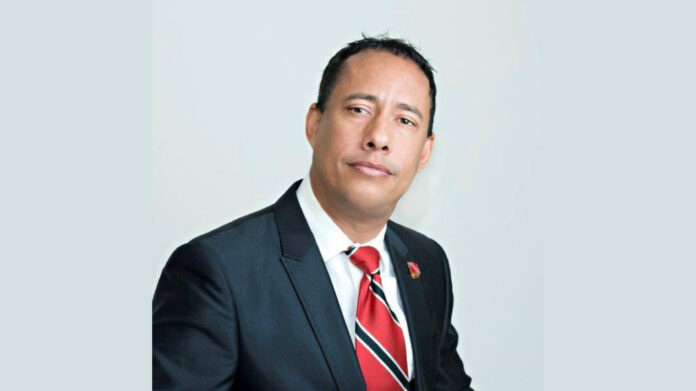By Elesha George
A former police commissioner of Trinidad and Tobago has recommended a number of crime-fighting strategies that he believes could improve the outcome of police investigations in Antigua and Barbuda.
Gary Griffith, who is also a former National Security Minister, said many of the measures that he once implemented as commissioner in Trinidad and Tobago would work even better in Antigua.
Among his recommendations is privatising the forensic aspect of law enforcement by subcontracting organisations that can carry out ballistics – the examination of firearms – and DNA testing to help solve murders.
“The privatisation is actually the best way to go. It is actually cheaper because you have to spend hundreds of thousands to send it across to another country,” he noted, adding that this would allow the police to deal specifically with the homicides.
He told Observer that there are companies in the Caribbean that have the capability to do those functions.
“I think trying to continue to go outside and try to get that information, it doesn’t make sense,” he remarked on yesterday’s Connecting with Dave Lester Payne show.
Along with that effort, he said the country must try to build a data bank of proper DNA information for all its citizens which may require constitutional change.
“So, if at any time there’s an incident and we have DNA testing, we can take samples on a crime scene but if that person doesn’t have a criminal record, you’re not going to know who it is.
“But if it is that every time somebody is arrested you swab [and] start building your data bank, by doing that, we will be able to pinpoint perpetrators, not just for the crime on the scene of the investigation but you could go back to probably child molestation or to other criminal activities because now you have a DNA data bank to link that DNA to other persons who you have now started to swab,” he explained.
That process, he said, would be “much easier” in Antigua because of its small land mass and population.
In 2020, Antigua and Barbuda recorded nine homicides, only three of which were gun crimes, making its murder rate tremendously lower than that of Trinidad and Tobago which closed the year with 448 homicides.
Griffith, who is well-known for his hands-on approach to crime fighting, also recommends putting an end to the practice of not filing a missing person’s report until 24 to 48 hours have passed.
“That 24 to 48 hours could be the difference between life and death,” he said.
While no legislation dictates the time that a report should be made to the police in Antigua and Barbuda, there is wide public and to some extent police perception, that a person can only be reported missing after two days.
“Nine out of 10 times she went by her boyfriend for the night, he went partying and fell asleep on the beach – it’s okay – I would rather that be considered wasting police time than that 48 hours could have been the critical time to find if someone was kidnapped or is being held against their will,” he said, recalling his own experiences back home.
He further proposed opening a national operations command centre that promotes closer trans-regional border collaboration to locate people reported missing within the Caribbean region.
According to the former commissioner, “Antigua can do it. It’s not going to be expensive. You have an operation command centre where you have representatives of immigration, police, fire, prisons, and anything that happens it’s all there.”
The centre, he said, would help local law enforcement locate a missing resident who may have migrated outside of the country.
“It is very unlikely that the person would leave the country illegally. He or she would have left through a legitimate port of entry in Antigua and with that, the immigration and customs, they’ll be able to know if that person left because the passport had to be stamped,” he added.

